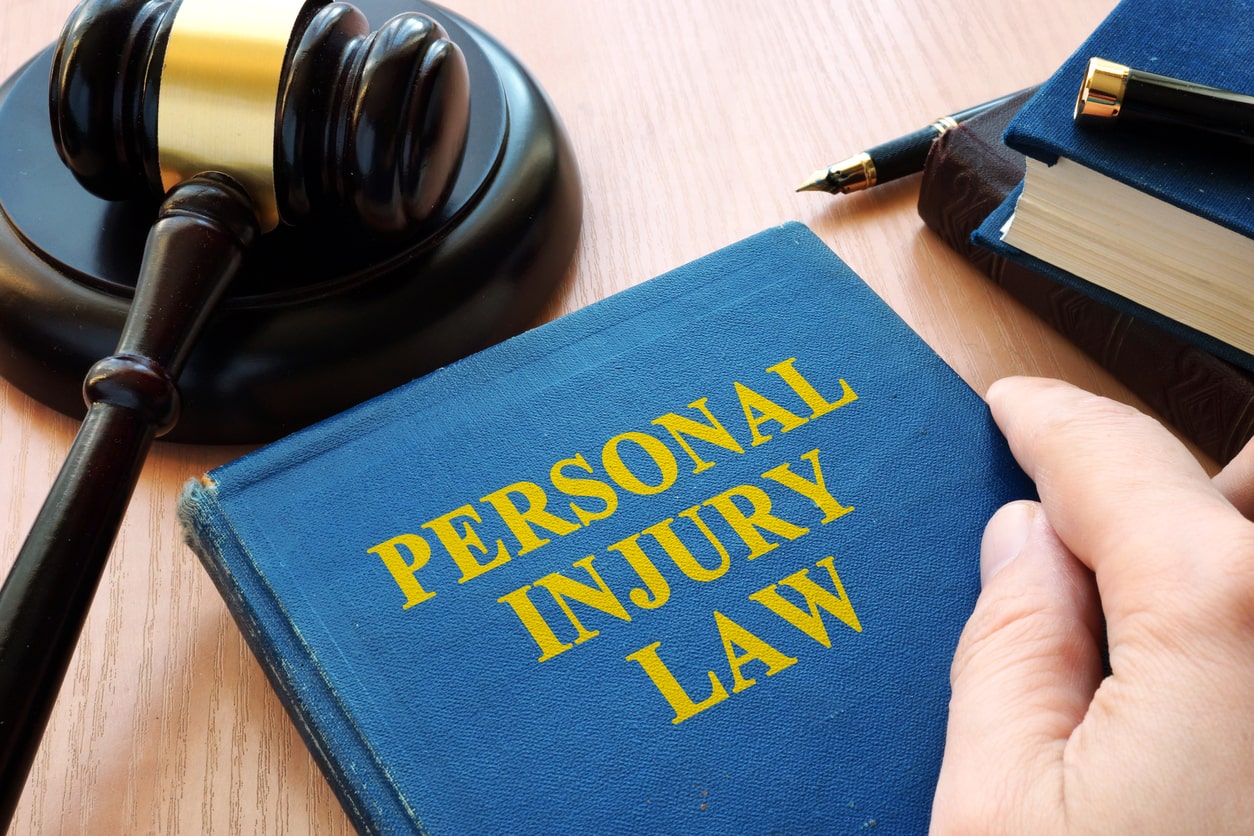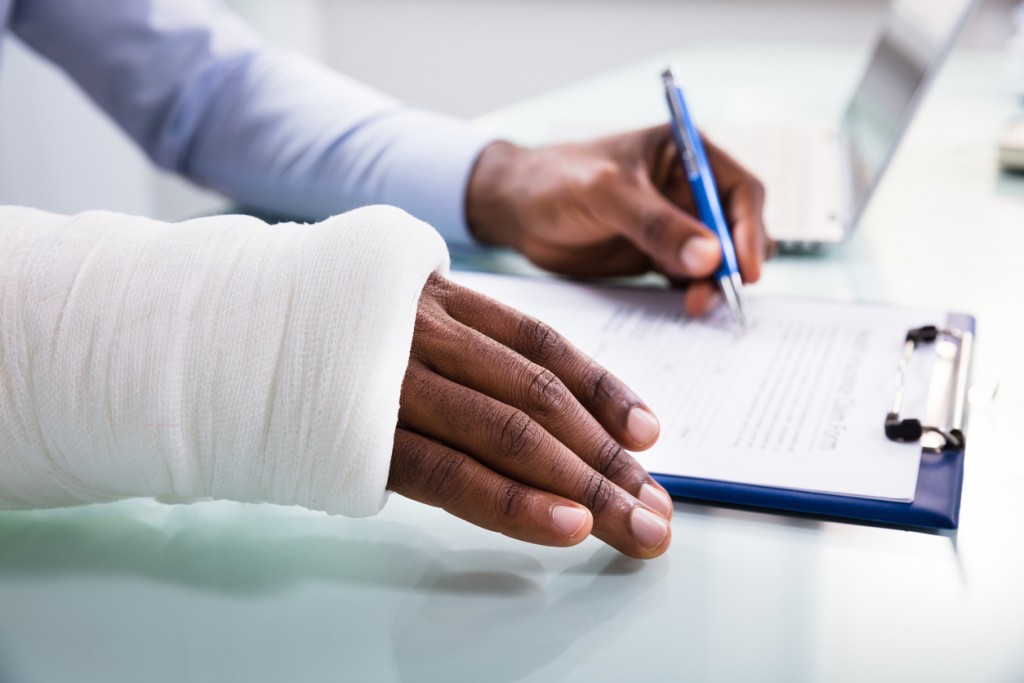10 Factors That Affect Personal Injury Settlements

As the saying goes, the road to hellish accidents is paved with good intentions. Accidents happen every day, and the severity of the consequences ranges from minor inconvenience to wrongful death. Sometimes these accidents are due to negligence or willful inattention on the part of another party and result in personal injury.
If this is the case, the injured party may be entitled to compensation with the help of an experienced personal injury attorney like this. But, what is an injury worth in monetary terms? That’s a question that must take into account many factors. It is a nuanced calculation that involves evaluating those factors and compiling them into a whole picture of the injury and the circumstances around it.
Below, we’ve gathered together the nine factors in our experience that affect personal injury settlements.
1. The severity of the injury

Injuries come in all types and levels of severity. A broken wrist will have a different monetary impact than a severed spine, which will have a different financial impact than exposure to toxic substances that results in chronic disability.
Every injury is different in scope and nature, meaning bumps, bruises, bleeds, and breaks will affect the overall compensation value differently. The more an injury disrupts daily life, the more likely it will garner a higher monetary value.
2. Recovery time and treatment
How long does the injury prevent a return to work? How involved is the post-injury treatment and recovery? What kind of prolonged care is involved? How much are the medical bills?
All of these questions are relevant to evaluating the value of compensation. Longer and more involved treatment and recovery require more money to cover the loss. As in most of these points, higher severity will increase the likelihood of a settlement.
If you’re found yourself entangled in a personal injury web, know that a broken femur vs. a sprained wrist will translate to varying cash compensations amidst the legal proceedings.
3. Designation of liability

One of the more delicate and difficult assessments to make in a personal injury suit is determining who is to blame and to what degree. Personal injury can result in compensation if a third party’s negligence is to blame for a life-altering injury. Note that the more apparent the neglect is, the more likely you will reach a settlement without a trial.
Determining whether a third party is entirely at fault for an injury or is at no fault whosever is crucial in any personal injury case. An experienced lawyer can navigate this assessment properly, compile evidence, execute deposition of witnesses, and shape an effective case prosecution for maximum effect.
4. Loss of earning capacity
While some injuries heal with time, others can cause chronic, debilitating conditions that hamper one’s ability to work. This type of long-term harm is part of the overall picture of an injury, and a settlement would need to reflect this.
5. Property damage

Many instances of personal injury also involve some sort of property damage. Vehicle damage, structural failures, and other secondary damages to personal property must also be considered in the overall compensation of a personal injury suit.
Suppose you choose to file property damages with the accident perpetrator’s insurance company. In that case, this insurance carrier may attempt to downplay the extent of property damage and appraise well below the actual dollar value. Before filing with the other driver’s insurance company of choice, be well aware of these lowballing tendencies.
6. Insurance policy limits
With insurance carriers playing a pivotal role in the settlement process, the total policy limits of the insurance carriers have bearings in a personal injury case. For instance, in some cases, an insurance carrier may reject requests to cover the total losses. As a counteroffer, insurance personnel may only agree to pay half or an even smaller portion of the total costs, leaving victims high and dry in desperate times.
Should this situation unfold before your very eyes, scheduling a consultation with a personal injury lawyer can be the matter of a life defined by medical debt and an injury left in your financial and emotional rearview.
7. Pain and suffering

One of the more esoteric considerations in forming a personal injury case is how the injury affects a person’s quality of life. If an injury precludes the ability to enjoy activities that were once a centerpiece of a person’s life, it needs to be considered in the overall picture.
The physical and emotional pain and suffering accrued from an injury affect personal well-being and quality of life. That loss is a real and legitimate aspect of any personal injury case.
8. Case precedent
Many jurisdictions will look at similar case precedent to determine fault and compensation in each case. The likelihood of a favorable settlement increases if a similar personal injury case has set a precedent with an awarded settlement. Precedent also serves as a helpful measuring stick of the case’s merit.
9. Case momentum

As a personal injury lawsuit proceeds through its various stages, it will reach certain critical points. Examples of these include the discovery of evidence, favorable pre-trial motions, or critical depositions of witnesses. At these watershed junctions, a pre-trial settlement can become a stronger and more valuable option.
10. Case jurisdiction
Every jurisdiction is unique in how it awards personal injury judgments. Some places will consider punitive damages, while others will have a history of larger payouts, and still, others may have caps on awards for pain and suffering.
An experienced attorney will know how and where to best file a case to the best advantage.
Wrap up
Navigating a personal injury case is a comprehensive and multi-faceted endeavor. With the right legal counsel, an injury due to the negligence of another party need not lead to personal disenfranchisement. It’s vital to understand the process of personal injury lawsuits and what factors affect a settlement in the case.
It is a basic tenet of United States law that life and livelihood are protected from undue harm, and the court system is the place where injured parties can find that protection and realize solvency for their loss.




